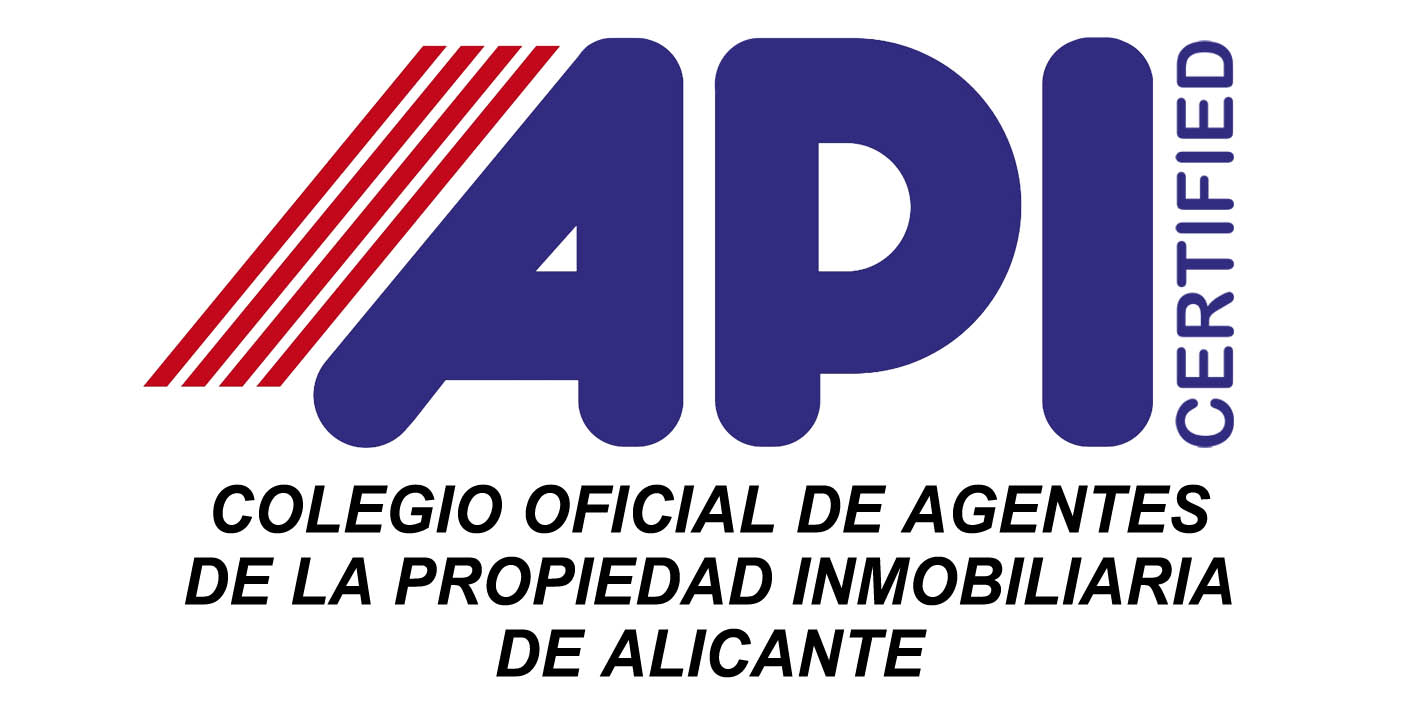NEW VISA FOR DIGITAL NOMADS IN SPAIN

We have really good news! In a very short time, we will have a new law for startups in Spain, and with it, important changes within the immigration law.
With this law, aimed to promote and develop entrepreneurship in the country, a new visa will be created for digital nomads and remote workers who are in Spain.
Here's everything you need to know.
About the new Startup Act
While it is true that many startups have been born in recent years in Spain, the related legislation was not at the level it should be, but this could change very soon.
During the last few months, the Spanish government published an act that is currently in the public consultation phase, and which has the aim of revolutionizing Spanish legislation related to entrepreneurship and the startup world.
More specifically, this new startup law aims to:
1 - Boost the entrepreneurship ecosystem in Spain, facilitating and enhancing the creation of new fast-growing technology companies.
2 - Attract foreign investment and talent to the country
3 - Convert the Spanish territory into a real hub of reference for international entrepreneurship
To achieve these objectives, the government proposes to offer a large number of tax incentives to startups and foreign workers, to offer investment facilities, to regulate the sector in a more beneficial way for its development; and, what this article is all about: to create a new visa for digital nomads and remote workers relocated in Spain.
Who will be able to benefit from the new visa for digital nomads?
Until now, many foreigners had a common problem. Although it is true that some did not intend to develop any type of economic activity in Spain, in many occasions they wanted to continue working for a foreign company or offer their services to international clients while enjoying the Spanish lifestyle.
The non-lucrative or non-profit residency was the most suitable option in these cases, but it had the disadvantage of not allowing them to carry out any type of economic activity.
But all these foreigners will now have it very easy, because with the new visa under the startup law they will find the perfect path to regularize their situation and work remotely from this country.
Thus, we find three different profiles of foreigners who could benefit from the new residence permit:
Foreigners who work remotely from Spain for a company outside Spanish territory.
Those known as digital nomads, people who in many cases have different sources of online income and who travel from one country to another.
In addition, it is also planned to include a visa for people who work in a foreign company located in Spain, including the audiovisual sector.
Benefits for foreign entrepreneurs
We can find two main benefits offered by this new startup act:
New residence permit
The first and perhaps the most important benefit is the creation of a new type of residence permit designed specifically for the cases seen in the previous section (although there will probably be more than one with the approval of the law).
This means that if the foreigner meets the requirements, obtaining residency in Spain will be much easier than it has been until now.
We are most likely talking about a visa that will grant the possibility to work remotely from Spain for 1 year, with the option of renewing it for 2 extra years (and so on) as long as the requirements are still being met.
Tax benefits
On the other hand, digital nomads applying for the visa under the new startup act will also enjoy numerous benefits when it comes to their taxes.
For it is intended to create a new tax regime very favourable for all of them; offering greater flexibility when paying and accessing the non-resident income tax (the specific tax someone who does not have his economic center of interests in Spain or spends less than 183 days per year in the country must pay).
This would mean a reduction in the taxes that these foreign teleworkers would pay; since up to 600.000€ they would just pay 15% instead of 24% (something very similar to the Beckham’s Law).
On the other hand, the conditions for accessing this IRNR would be lowered, moving from 10 to 5 years the required period of non-tax residency in the country; and extending the possibility to enjoy this regime up to 10 years (instead of only 5).
In addition, remote workers will be able to request the deferral of the IRNR in the first and second year with a positive taxable income (without interest), and the need to make installment payments of the tax as a non-resident in the two subsequent years in which the taxable income is positive will be eliminated.
Requirements to apply for the new visa for remote workers in Spain
We must bear in mind that this startup law is still in a very embryonic stage, so big changes are expected to happen in the near future.
So much so that we still do not know the exact requirements that will be finally applied, so we must wait for the government to officially publish all related legal information.
However, there will be four main requirements that any foreigner who wants to apply for this visa will have to meet:
1 - First of all, to prove that one is an international telecommuter who has settled in Spain.
2 - On the other hand, it will also be crucial to prove that of the total income, the part coming from Spain does not represent more than 20%.
3 - Demonstrate that there is a continuous employment relationship of at least one year with the company for which the teleworker is teleworking.
4 - The academic and professional profile of the applicant must be sufficient, demonstrating valid experience and technical knowledge for the performance of the job.
In addition, we also find the general requirements that are also to any other residency:
* No criminal records
* Not to be prohibited from entering Spain
* Hire private health insurance
When will the startup law be published?
This is the question everyone is currently asking, as expectations are undoubtedly high and the advantages that this act will offer to the international community are very promising, but we must be patient. For the time being, the new startup law is just a preliminary draft law.
Until the end of 2021, this draft bill was in the public consultation phase, admitting opinions and suggestions from the public.
After an analysis of suggestions, the executive has improved the draft bill and has taken it to Congress to discuss it with the rest of the deputies and then to vote on its approval.
Finally, it is expected to be approved at the parliamentary level before the summer of 2022.
It will not be until then that the law can enter into force, and we will then inform about the specifics of this new residence permit.
We will update this blog as and when we receive further news.
PLEASE CONSULT YOUR LAWYER, TAX CONSULTANT OR LEGAL REPRESENTATIVE FOR FURTHER DETAILS.










